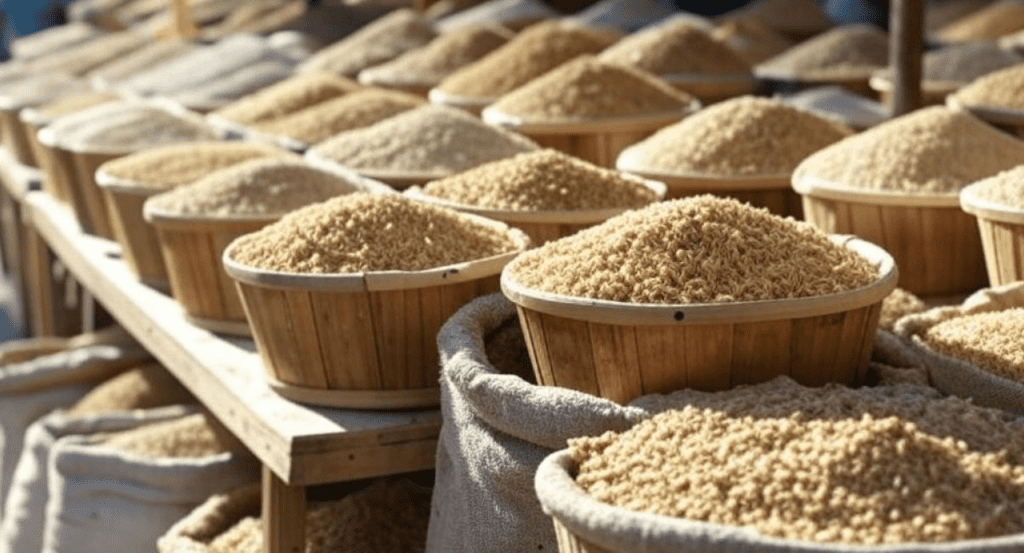Ghana is facing potential food supply disruptions following Burkina Faso’s decision to maintain its ban on the export of grains and cereals. The ban, which was initially introduced as a measure to safeguard domestic food security, remains in effect, prompting the Ghanaian government to issue warnings to traders about compliance.
Burkina Faso’s Export Ban and Its Impact
Burkina Faso, a key supplier of maize, millet, sorghum, and other cereals to neighboring West African countries, imposed the ban to ensure local food sufficiency amid regional economic challenges. The restriction has particularly affected Ghana, which relies heavily on imports from its northern neighbor to meet domestic demand.
The Ghanaian Ministry of Foreign Affairs recently alerted traders and businesses about the ongoing ban, urging them to seek alternative supply sources to avoid potential economic losses. The government has also warned traders against attempting to smuggle restricted goods, emphasizing that Burkina Faso remains firm on its enforcement.
Traders and Farmers Express Concern
Local traders and agricultural stakeholders in Ghana have raised concerns about the impact of the ban on food prices and availability. Some fear that the restriction could lead to shortages and price hikes, affecting both consumers and businesses.
A market trader in Accra expressed frustration, stating, “We depend on Burkina Faso for affordable maize and grains. If this ban continues, we will have to pay more for imports from other countries, and that cost will be passed on to consumers.”
Similarly, poultry farmers who rely on maize as animal feed have warned that sustained restrictions could drive up production costs, potentially affecting Ghana’s livestock industry.
Government’s Response and Alternative Measures
In response to the crisis, the Ghanaian government is exploring ways to mitigate the impact of the ban. Some proposed measures include:
- Boosting Local Production: Encouraging increased domestic grain production through investment in agriculture.
- Diversifying Import Sources: Engaging other regional suppliers to fill the gap left by Burkina Faso’s restrictions.
- Diplomatic Engagement: Negotiating with Burkinabe authorities to reconsider the ban or allow controlled exports to Ghana.
While Burkina Faso remains firm on its policy, Ghanaian officials continue to monitor the situation closely, hoping for a resolution that balances regional food security with trade stability.
As the ban persists, businesses, consumers, and policymakers alike are preparing for potential economic adjustments in the months ahead.




















